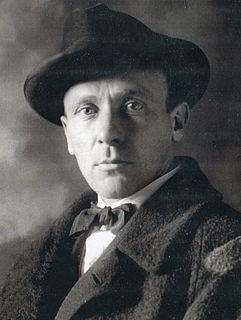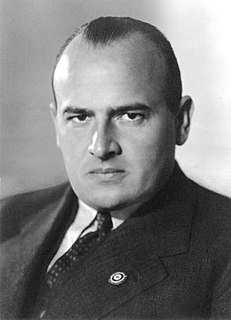A Quote by Edith M. Thomas
Treasure the shadow. ... There are no shadows save from substance cast.
Related Quotes
Ah, to build, to build! That is the noblest art of all the arts. Painting and sculpture are but images, Are merely shadows cast by outward things On stone or canvas, having in themselves No separate existence. Architecture, Existing in itself, and not in seeming A something it is not, surpasses them As substance shadow.
... I was reminded of a remark of Willa Cather's, that you can't paint sunlight, you can only paint what it does with shadows on a wall. If you examine a life, as Socrates has been so tediously advising us to do for so many centuries, do you really examine a life, or do you examine the shadows it casts on other lives? Entity or relationships? Objective reality or the vanishing point of a multiple perspective exercise? Prism or the rainbows it refracts? And what if you're the wall? What if you never cast a shadow or rainbow of your own, but have only caught those cast by others?
But would you kindly ponder this question: What would your good do if evil didn't exist, and what would the earth look like if all the shadows disappeared? After all, shadows are cast by things and people. Here is the shadow of my sword. But shadows also come from trees and living beings. Do you want to strip the earth of all trees and living things just because of your fantasy of enjoying naked light? You're stupid.
In the world of physics we watch a shadowgraph performance of the drama of familiar life. The shadow of my elbow rests on the shadow table as the shadow ink flows over the shadow paper. It is all symbolic, and as a symbol the physicist leaves it. ... The frank realisation that physical science is concerned with a world of shadows is one of the most significant of recent advances.
Then I noticed that my shadow was crying too, shedding clear, sharp shadow tears. Have you ever seen the shadows of tears, Mr. Wind-Up Bird? They’re nothing like ordinary shadows. Nothing at all. They come here from some other, distant world, especially for our hearts. Or maybe not. It struck me then that the tears my shadow was shedding might be the real thing, and the tears that I was shedding were just shadows. You don’t get it, I’m sure, Mr. Wind-Up Bird. When a naked seventeen-year-old girl is shedding tears in the moonlight, anything can happen. It’s true.
We are, in fact, hyper-dimentional objects of some sort which cast a shadow into matter, and the shadow in matter is the body. And at death, what happens basically, is that the shadow withdraws, or the thing which cast the shadow withdraws, and metabolism ceases, and matter which had been organized into a dissipative structure in a very localized area, sustaining itself against entropy by cycling material in and degrading it and expelling it, that whole phenomenon ceases, but the thing which ordered it is not affected by that.





































